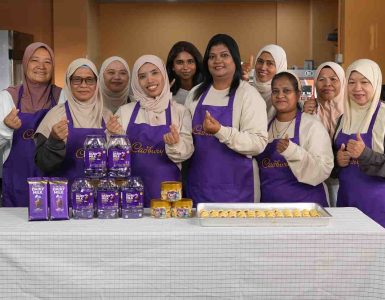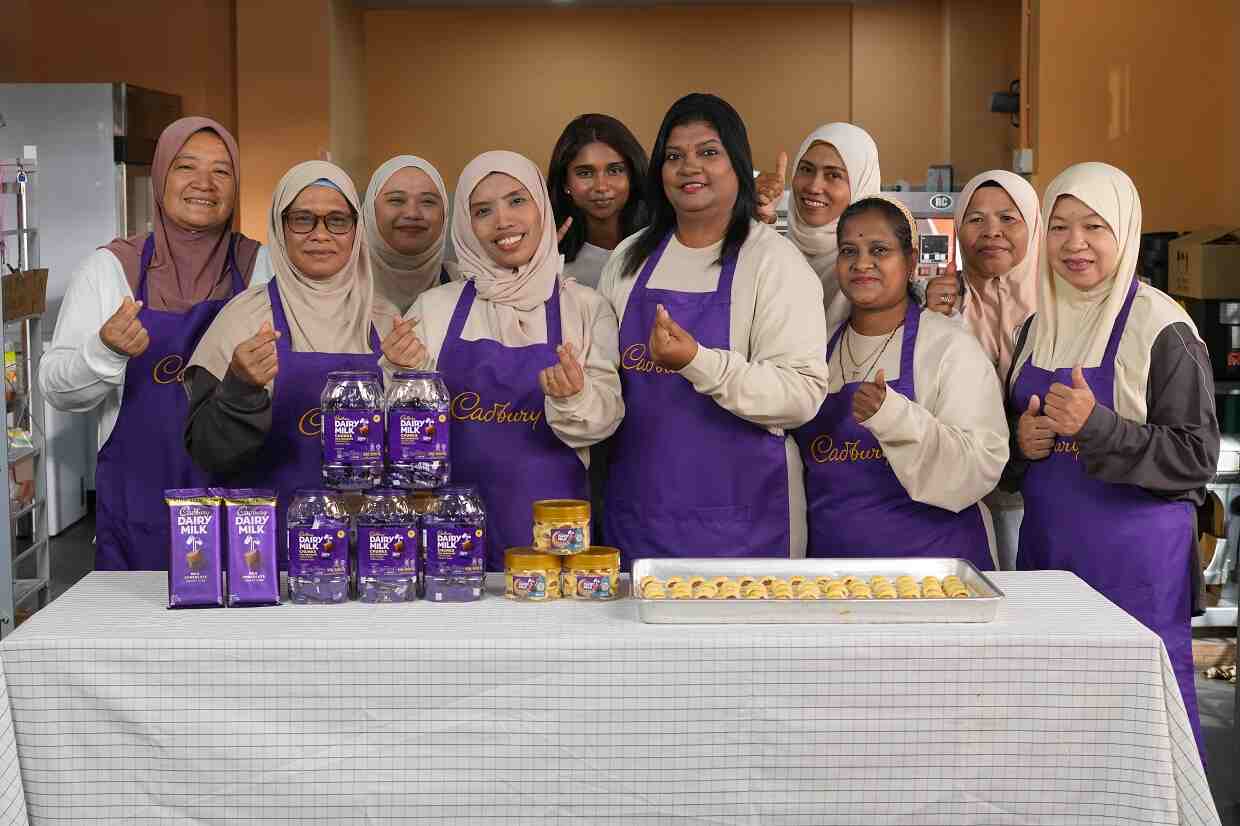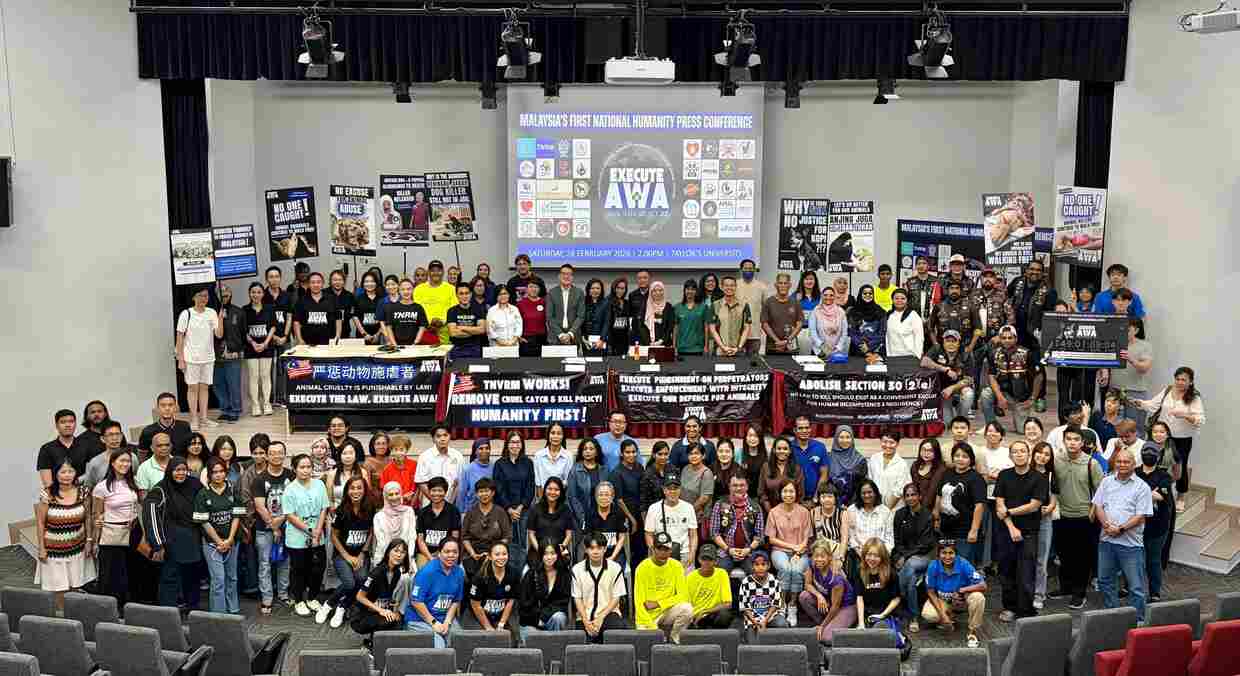Universiti Malaysia Sarawak’s (Unimas) Sarawak Language Technology (SaLT) Research Group is undertaking research and development in information and communication technology (ICT) to preserve and revitalise the state’s indigenous languages.
The project leader and lecturer at the university’s Computer Science and Information Technology, Assoc Prof Dr Alvin Yeo Wee said SaLT was undertaking research in raising awareness, adaptation and adoption of ICT in preserving languages, as well as exploring the application of localised computing in areas of benefit to the communities.
“We are conducting research and development in computational linguistics and natural language processing, in particular of Sarawak’s indigenous languages, following the dominance of widely-used languages such as English and Malay, while the younger generation no longer speak their mother tongue.
“There is concern that these languages might become extinct in future due to a decreasing number of native speakers, thus a major component of their culture will disappear.
“We hope through SaLT, we can capture and digitise the indigenous languages in order to build the corpora. We hope to generate processors such as spellcheckers and applications such as Machine Translation and Speech recognition,” he told reporters at the Sarawak Development Institute Complext, here, today.
Earlier, he gave a talk titled, “Employing Information and Communication Technology in the Revitalisation and Maintenance of Indigenous Languages ofSarawak”.
At present, among the multi-disciplinary research projects conducted by SaLT are Methodologies for Translation into Minority Languages: Iban-English (TRIBE), Multimodal Integration of Sketch and Melanau Daro-Matu Speech in Spatial Queries(MINT), Design and Development of Spoken Language Dialogue System: Efficacy of Usability Evaluation Techniques (SlaD), Singai Dialect Online Project, and Preserving Culture of Mobilising Minority Languages of Sarawak Online (MiLO).
Yeo said the research projects started over a year ago and the research prototypes were expected to be unveiled in the next one to two years.
“We are still at the research stage. Unimas’ Master’s degree students at the Faculty of Computer Science and Information Technology are conducting the research.
“We hope the research tools will be commercially available in the next two or three years.” Yeo said.
SaLT had secured a number of research grants from the Ministry of Science, Technology and Innovation as well as Unimas Fundamental Research Grant Scheme.
“We will apply for funding from the Higher Education Ministry too,” he said.
— BERNAMA












